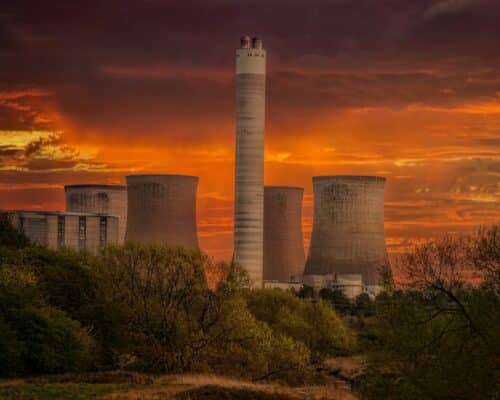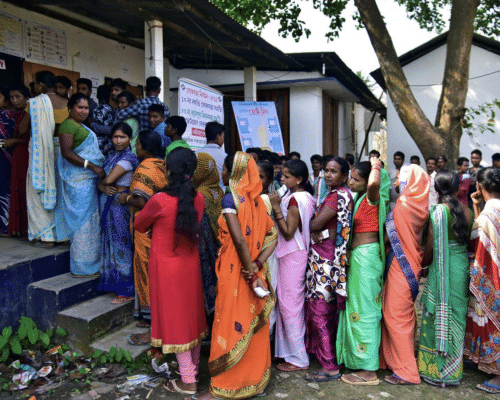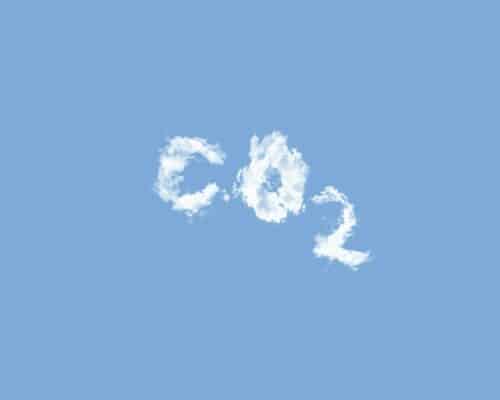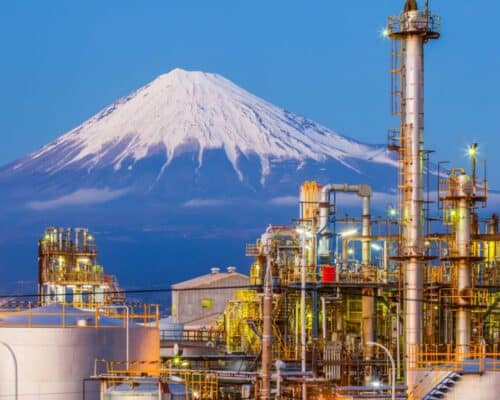Articles
MHI Greenwashing Tactics Demand Closer Scrutiny
Mitsubishi Heavy Industries (MHI) is pushing its net-zero emissions by 2040 pledge at full force. But, its strategy includes relying on gas-fired power projects, questionable carbon capture technology and profiting as a major carbon credit broker. These tactics demand closer media scrutiny and overall environmental monitoring.
European Green Deal: What Asia Can Learn
Following the shining example of EU member states and designing policies similar to the European Green Deal can help developing Asia build a more resilient, sustainable and cost-efficient energy system.
Taiwan’s LNG Development Overpowers Its Renewables Ambitions
The Taiwanese government has earmarked some USD 32 billion for renewables, hydrogen and carbon capture and storage (CCS) investments to move the country’s energy development in the right direction. However, it also continues a major liquefied natural gas (LNG) build-out as part of its long-term energy mix strategy, putting the country in an energy supply and climate mitigation quandary.
Proposed Expansion of Gas Power in Asia Poses Climate and Economic Risks [Op-Ed]
Over 60% of global gas-fired capacity in development is based in Asia, with over half of this capacity concentrated in East and Southeast Asia. Rising costs saw around 81GW of previously planned capacity was cancelled between 2022-2023. There is still time to halt or limit the gas expansion in Asia, as around 70% of the gas-fired capacity is still in the announcement and pre-construction stages.
G7 Gas Move a Likely Nod to US and Japanese Interests
The G7 just concluded its meeting in Hiroshima. The group made several decisions impacting the global energy sector, including further reliance on coal-fired power projects and a problematic call to continue gas and liquefied natural gas (LNG) investment. These decisions come in light of long-term US and Japanese gas interests and development.
Natural Gas Forecast 2023: Demand in Asia to Bounce Back
While natural gas prices are expected to remain low, they would still be above their historical averages. As a result, Asian countries' imports would still be costly, even in an ideal world without any market volatility.
Hydrogen Infrastructure: Development and Challenges
The lack of existing hydrogen infrastructure is a significant hurdle to the widespread adoption of green hydrogen. However, there is an incentive for the public and private sectors to develop the required infrastructure. Hydrogen can help the world reach decarbonisation goals, and the hydrogen market is expanding with lucrative opportunities.
Global Hydrogen Market: Size, Growth and Future
Hydrogen demand is increasing, and production capacity will need to rise. However, this capacity should focus on low-carbon green hydrogen, which can be a major energy carrier in the net-zero energy transition.
South African Coal Exports Decline for the Fourth Consecutive Year
South African coal exports continued to decline for the fourth consecutive year, especially in Asia after demand peaked in 2019.
Thailand’s LNG Development Is Not The Way Forward For Its Energy Sector
Thailand is one of the few Asian countries ramping up LNG procurement as prices for the fuel dip. This comes as it needs gas to drive a post-COVID economic recovery. However, lower prices are only part of the story. The other part is that Thailand is a natural gas-based economy.
Hydrogen Production Methods from Fossil Fuels Overshadow Alternatives
Today, 99% of hydrogen is produced using fossil fuels. However, green hydrogen can become a viable alternative.
Hydrogen Economy – Meaning, Benefits and Future
The hydrogen economy is the idea of a world partially powered by hydrogen. If green hydrogen becomes the predominant production method for hydrogen, it will play a critical role in the world's low-carbon future. However, green hydrogen needs to be financially viable and requires ongoing support from the public and private sectors.
The G7’s Responsibility to Help Bangladesh and Other Climate-affected Countries
At the approaching 2023 G7 meeting, the world expects global leaders to address the elephant in the room: fossil fuel phase-out. The G7 must set an example and develop a unified vision to help address climate change – an issue heavily impacting developing nations.
Renewable Energy Projects in the Philippines: 100% Foreign Ownership Authorised
The Philippines' drive to ramp up its renewable energy sector is a step in the right direction. However, it needs even more renewable energy development and investment. The government must also make a net zero by 2050 pledge to catch up to its regional neighbours.
Most Popular
Most Popular
Categories
-
9
-
31
-
127
-
4
-
17
-
39
-
51
-
14
-
10
-
15
-
23
-
6
-
155
-
162
-
23
-
1
-
22
-
30
-
36
-
65
-
14
-
74
-
40
-
17
-
6
-
28
-
21
-
84
-
245
-
20
-
35
-
31
-
9
-
41
-
35



